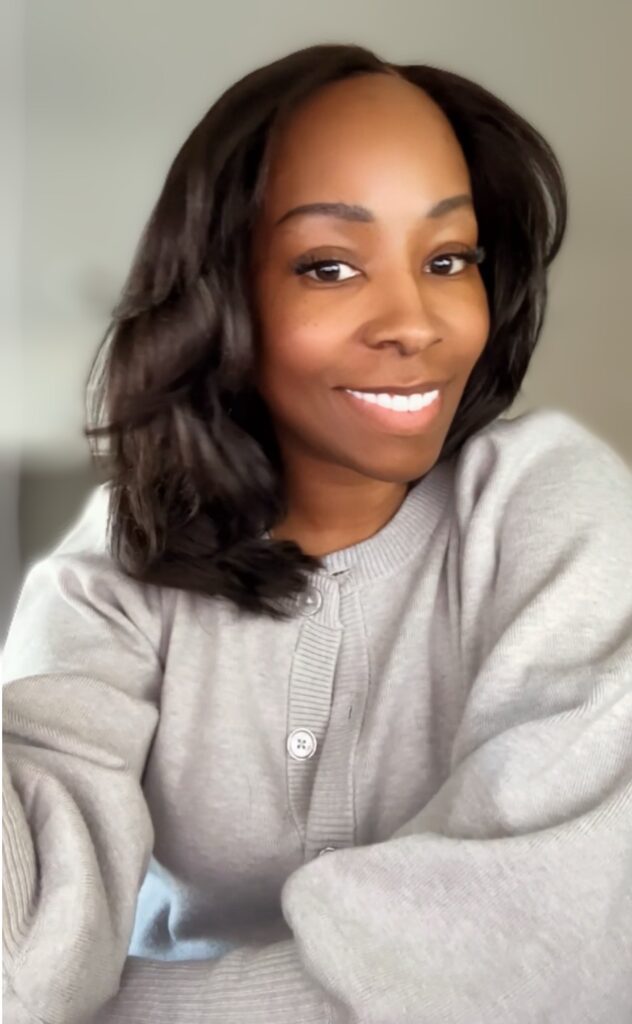THE BRAIN BEHIND THE BRAND
Kimberly Wilson brings over 15 years of experience in working in the government and nonprofit sector. Kimberly worked in the Fundraising and Development Department at Triangle Residential Options for Substance Abusers, an innovative, multi-year residential program that empowers people with substance use disorders to be productive, recovering individuals by providing comprehensive treatment, experiential vocational training, education, and continuing care. In addition, she served as the Head of the Medical Department for both the men and women’s program at FIRST at Blue Ridge, Inc., a residential therapeutic treatment facility for individuals with chronic substance use disorders. Kimberly worked as a substance use provider contract manager, and has written and managed over $15.7 million in healthcare contracts for a publicly managed care organization in Western North Carolina. Kimberly worked closely with substance use providers to ensure that those who are uninsured and underinsured have access to quality healthcare.
She has served as a member on the Social Entrepreneurship Advisory Board where she focused on assisting community and faith-based organizations to develop innovative, effective, and sustainable approaches to neighborhood revitalization, economic development, and human resource development in low-income communities. In addition, Kimberly has also served as a board member for The Seraph Foundation, an organization that provides resources designed to promote sustainable recovery for individuals in need who are seeking support for mental health and substance use issues. With an associate’s in business administration, a bachelor’s and master’s in public administration combined with her knowledge in the advertising and marketing industry, as well as the public and nonprofit sector, she is now committed to bridging the gap between addiction, mental health, and mass media.
Through her professional experience as a Certified Alcohol and Drug Counselor, Certified Peer Support Specialist, and her own personal journey of addiction and recovery, she developed a desire to help transform how the world sees and understands mental health and substance use disorder while focusing on making real impact. Kimberly believes these components can be best achieved through education, and having honest conversations about prevention and intervention.

